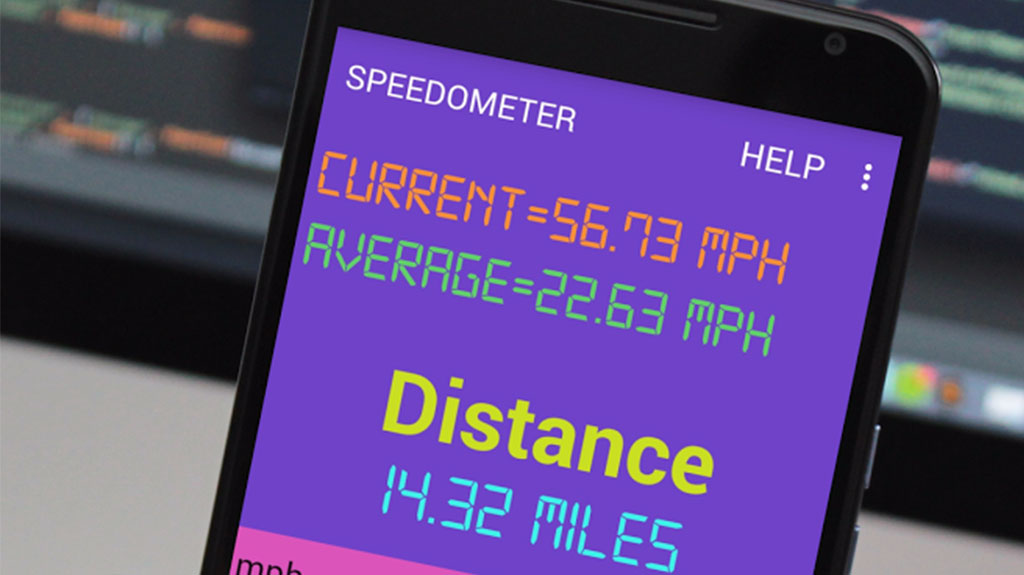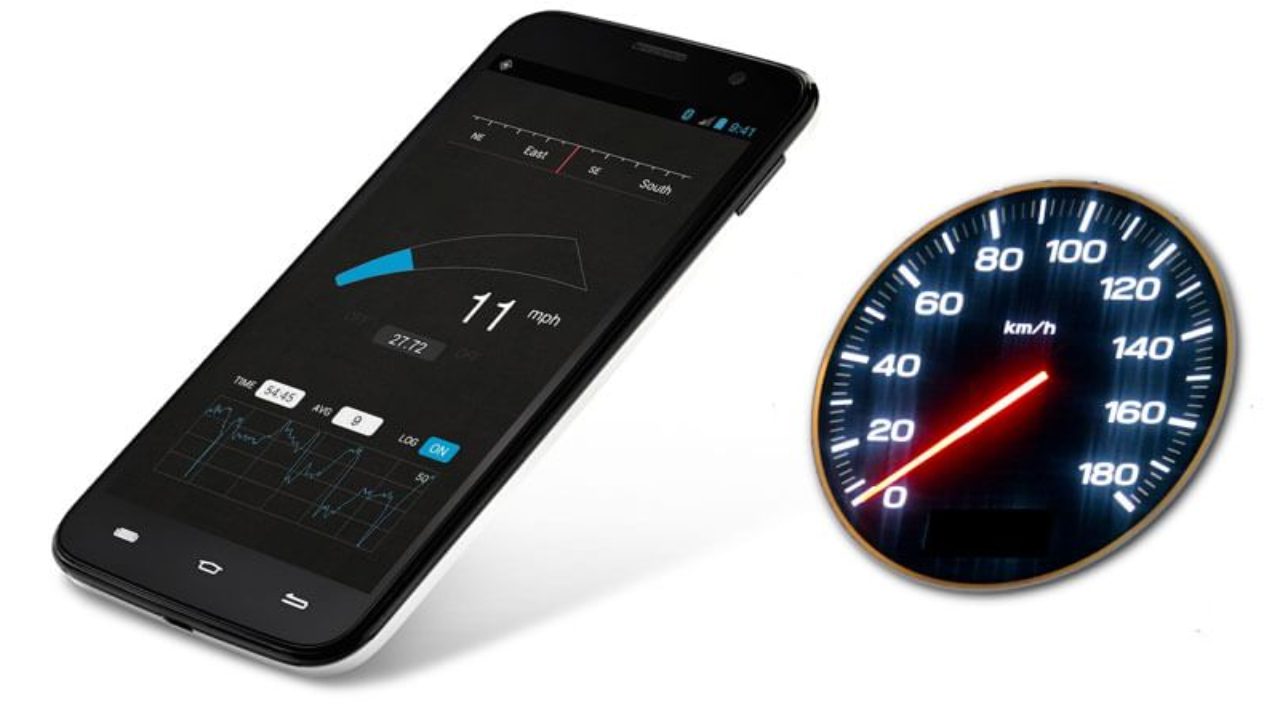How Does a GPS Speedometer Work?
GPS speedometers have become an integral feature in modern vehicles and devices. They offer accuracy, reliability, and real-time data, essential for various purposes, from daily commutes to specialized racing events. This article delves into the intricate workings of GPS speedometers, shedding light on the science and technology behind this innovative tool.


A Brief History of GPS
The Global Positioning System (GPS), a navigation system made up of a network of satellites, was initiated by the United States Department of Defense in the 1970s. Initially designed for military navigation, it was later made available for civilian use. Over the years, its applications have grown exponentially, with GPS speedometers being one of the many tools leveraging this technology.Understanding GPS Speedometers
At its core, a GPS speedometer calculates speed by measuring the rate at which one moves from one GPS position to the next. It does so by connecting with multiple satellites (usually at least four) to triangulate a user's position.- Triangulation Process: The speedometer receives time-stamped signals from satellites, measuring the time it takes for each signal to reach the receiver. Using this information, it calculates the distance to each satellite.
- Calculating Movement: By continuously updating its position, the speedometer calculates the difference over time, determining the speed of movement.
- Data Processing: Advanced algorithms process this data to filter out noise and potential inaccuracies, providing the user with a refined and accurate speed measurement.

Advantages Over Traditional Speedometers
Traditional speedometers in vehicles typically use a series of gears connected to the vehicle's driveshaft. The rotation speed of these gears corresponds to the vehicle's speed. However, they can be prone to wear and tear and might need periodic calibration. On the other hand, GPS speedometers:- Provide accuracy regardless of tire size or external conditions.
- Require minimal maintenance.
- Offer additional features, like trip logs, maximum speed recall, and more.
Challenges and Considerations
While GPS speedometers are highly accurate, several factors can affect their precision:- Satellite Signal Blockage: Tall buildings, tunnels, or dense forests can block satellite signals.
- Signal Reflection: Signals can bounce off buildings in urban settings, causing minor inaccuracies.
- Number of Satellites: The more satellites the speedometer can connect to, the more accurate the reading. Sometimes, fewer satellites might be within range.

